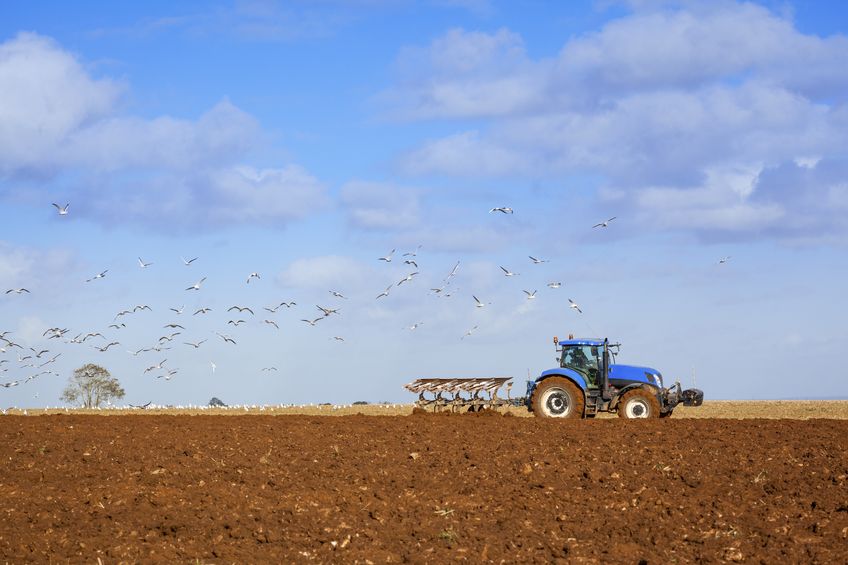
One in five Scottish farmers may retire early due to fears over Brexit, according to a Scotland's Rural College (SRUC) survey.
Over half of those surveyed said Brexit is 'increasing business uncertainty' and may lead to lower levels of investment on the farm.
"Brexit is clearly causing uncertainty," said SRUC senior agricultural economist, Steven Thomson.
"Scottish agriculture is used to change. Some of that has been in response to market demands and environmental pressure, but a key driver has been the various CAP regimes. Our report shows how vital that support has been, and still is, to the industry, especially the beef and sheep sectors.
"Under Brexit, we don’t know what will replace it yet but assume there will be budgetary pressures, meaning innovation and new approaches will be key to making farming more resilient. Being traditionally unsupported by the CAP, soft fruit growers, pig producers and others have shown the way. It is no coincidence they tend to be run by a younger generation, ready and able to grab opportunities, adopting new technologies and research ideas."
Need to diversify
One third of the farmers surveyed indicated that, with Brexit, they were likely to need to increase off-farm income or diversify their businesses. This was also the same in the report's look at the future for woodland and forestry in Scotland.
The opening chapter on Scottish farming and crofting gives a revealing insight into the readiness of that industry’s sectors for the challenges faced.
One third of farmers surveyed as part of a customer satisfaction survey indicated that with Brexit they are likely to need to increase off-farm income or diversify their businesses.
That theme links to later chapters including the future for woodland and forestry in Scotland. Against a shortfall in meeting vital planting targets there are tensions between ensuring forestry remains commercially productive while contributing to significant social and environmental objectives.
